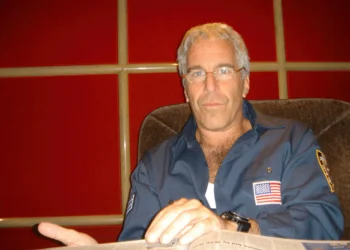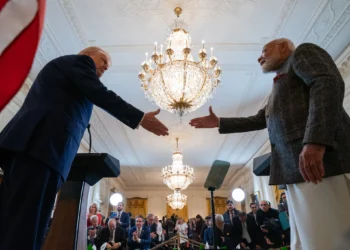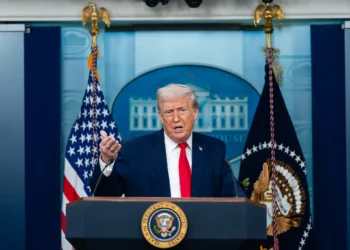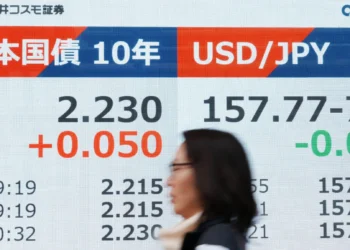South Korea is Shaken by Immigration Raid on Hyundai-LG Facility in Georgia
The hundreds of Koreans who were arrested at the location were met with a stunned but quiet response, demonstrating the precarious situation of a government embroiled in a tense negotiations with the Trump administration over trade.
The United States has been pressuring South Korea for years to spend billions of dollars in American industry, and this pressure has only intensified in recent months.
When South Koreans learned that U.S. immigration authorities had stormed the building site of a large, it was all the more surprising. Thursday saw hundreds of South Korean nationals detained at the Hyundai-LG facility in Georgia.
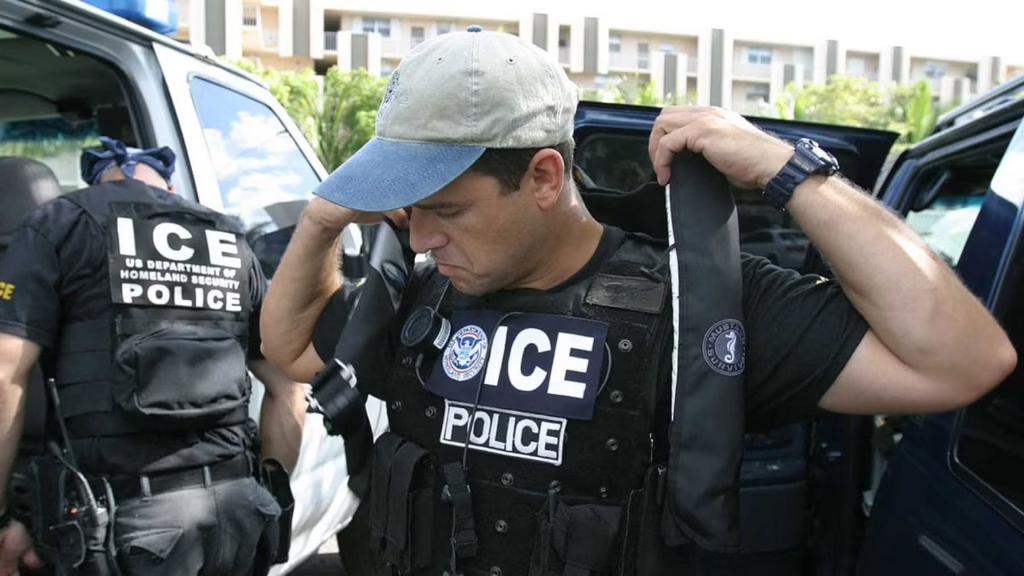
During the raid in Ellabell, Georgia, U.S. authorities claimed to have taken 475 individuals into custody for being in the nation illegally or engaging in illegal employment. According to industry insiders familiar with the initiative, the majority of them were South Korean citizens who had been dispatched to aid in the completion of an electric-car battery facility. The majority, they claimed, were subcontractors who worked for the South Korean automakers Hyundai and LG Energy Solution, jpintly own the facility.
The raid happened at a delicate period in trade relations, which alarmed South Korean companies that were investing in the United States. Trump presents a particular challenge to those businesses. His government has levied large tariffs and severely restricted visa quotas, making it harder for them to invest in the United States, even as it has encouraged them to do so. as well as the expense of shipping parts and hiring engineers to construct their factories.
Seoul authorities were stunned by the arrests. President Lee Jae-myung of South Korea recently reaffirmed his nation’s seven-decade-long partnership with the United States during a meeting with Mr. Trump. Additionally, they reached a new agreement on trade that was rather general in scope. The deal was initially announced in late July, but there is still considerable discussion between the two parties over the specifics.
South Korea’s stunned but subdued response to the raid mirrored that uncertainty.
The nation was keeping a close eye on the case to see how the Trump administration’s immigration policy would impact the activities of major South Korean industrial companies like Hyundai and LG. With the support of both administrations, which want to encourage such investment, those businesses have invested billions of dollars in establishing new facilities in the United States. extend the scope of their alliance beyond military cooperation and into international supply chains.
Aside from announcing that they had launched their own investigations, including into the practices of their contractors, neither Hyundai nor LG provided much information about the raid. The uneasiness, however, was made all the more apparent when South Korea’s Foreign Ministry released an unusual statement on Friday expressing its “concern and regrets” to Washington.
Although the ministry did not provide details, its words seemed to indicate South Korea’s displeasure with how the U.S. government has handled South Korean investors.
“U.S. law enforcement procedures should not unfairly infringe upon the rights and interests of our citizens or the economic operations of our investment firms,” it stated.
The raid was labeled as a “shock” in an editorial that was published on Saturday by Dong-A Ilbo, a well-known South Korean newspaper. “It will put a chilling effect on It said, “The operations of our enterprises in the United States.”
The Trump administration’s raid was criticized in a cartoon published by the Seoul-based Maeil Business Newspaper, which juxtaposed the government’s drive for increased investment with its treatment of certain foreigners.
In an attempt to ascertain the reason for the attack, both the South Korean government and the companies engaged in the Georgia building project acted swiftly. The Foreign Ministry announced that it had dispatched diplomats to the location. LG reported that 47 of its workers were among those arrested, but Hyundai claimed that none of its employees were.

The LG workers were in different countries on business trips with different visas or as part of a visa waiver scheme when they were taken into custody in order to offer technical support. Industry insiders knowledgeable about the initiative claim that the battery facility is being built. According to them, the construction subcontractor had employed the other detained South Korean laborers.
Speaking at a news conference on Friday, Steven Schrank, a special agent in charge of Homeland Security investigations for Georgia, stated that there was “a network.” there are subcontractors for the contractors and subcontractors.
As a result, the employees worked for a variety of companies located at the site, he said.
The 475 people who were arrested “were illegally present in the United States or in violation of their presence in the United States, working unlawfully,” according to Mr. Schrank. He claimed that some individuals broke the law by crossing the border into the United States. Additionally, he said that some people had overstayed their visas or entered the country on a visa waiver and were not allowed to work.
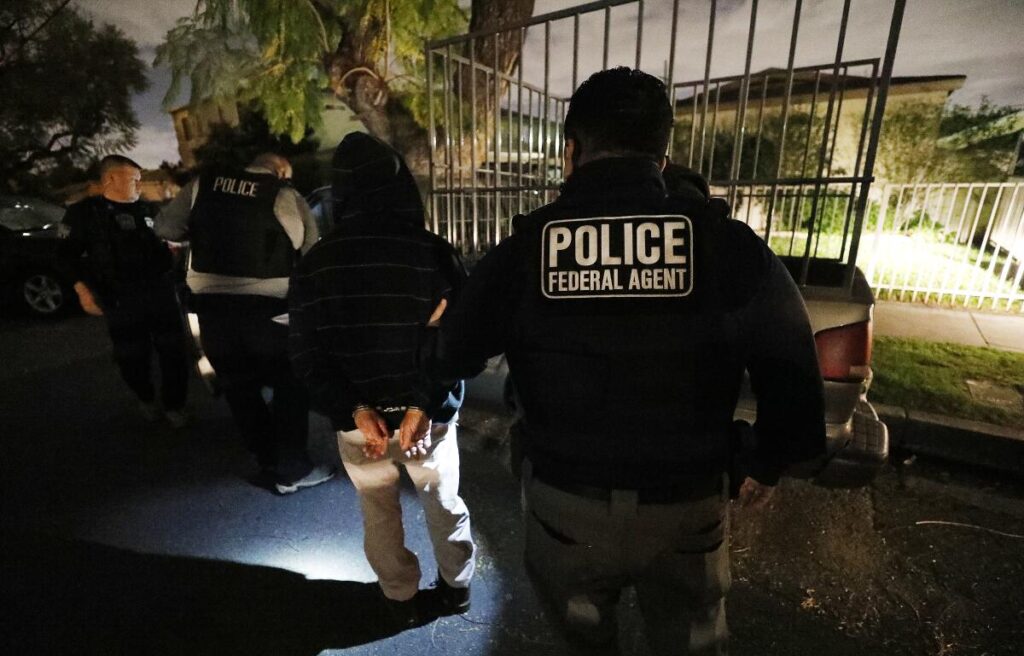
While investigations are underway, Hyundai and LG declined to comment on the findings, but they did say that the safety of their workforce is their top priority.
LG announced on Saturday that it had instructed its workers on business trips in the United States to either stay in their lodging or think about going back home right away. Additionally, with the exception of client meetings and other business trips authorized by the firm, employees were prohibited from visiting the United States for work.
The kind of massive, job-generating investment the United States had been looking for from South Korea was the Hyundai-LG plant, which was supposed to open next year. Mr. Trump negotiated a 15 percent reduction in his duties on South Korean exports, such as Hyundai cars and Samsung phones, and he won $350. billion worth of investment from the nation. The ongoing discussions between the two countries include the crucial question of how to establish and invest the fund.
During Mr. Lee’s trip to Washington last month, South Korean business executives who went with him pledged an additional $150 billion in direct investment in the United States.















